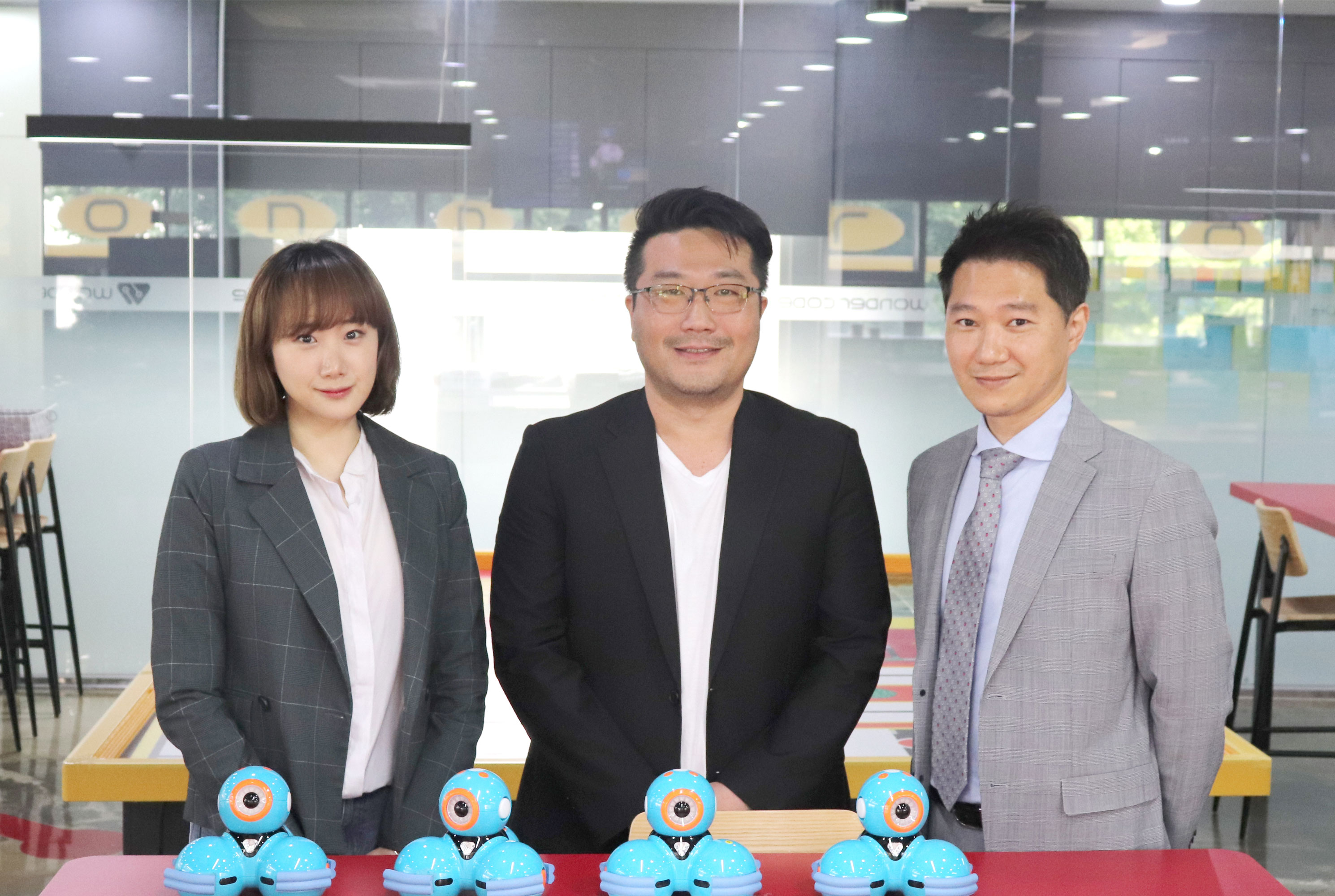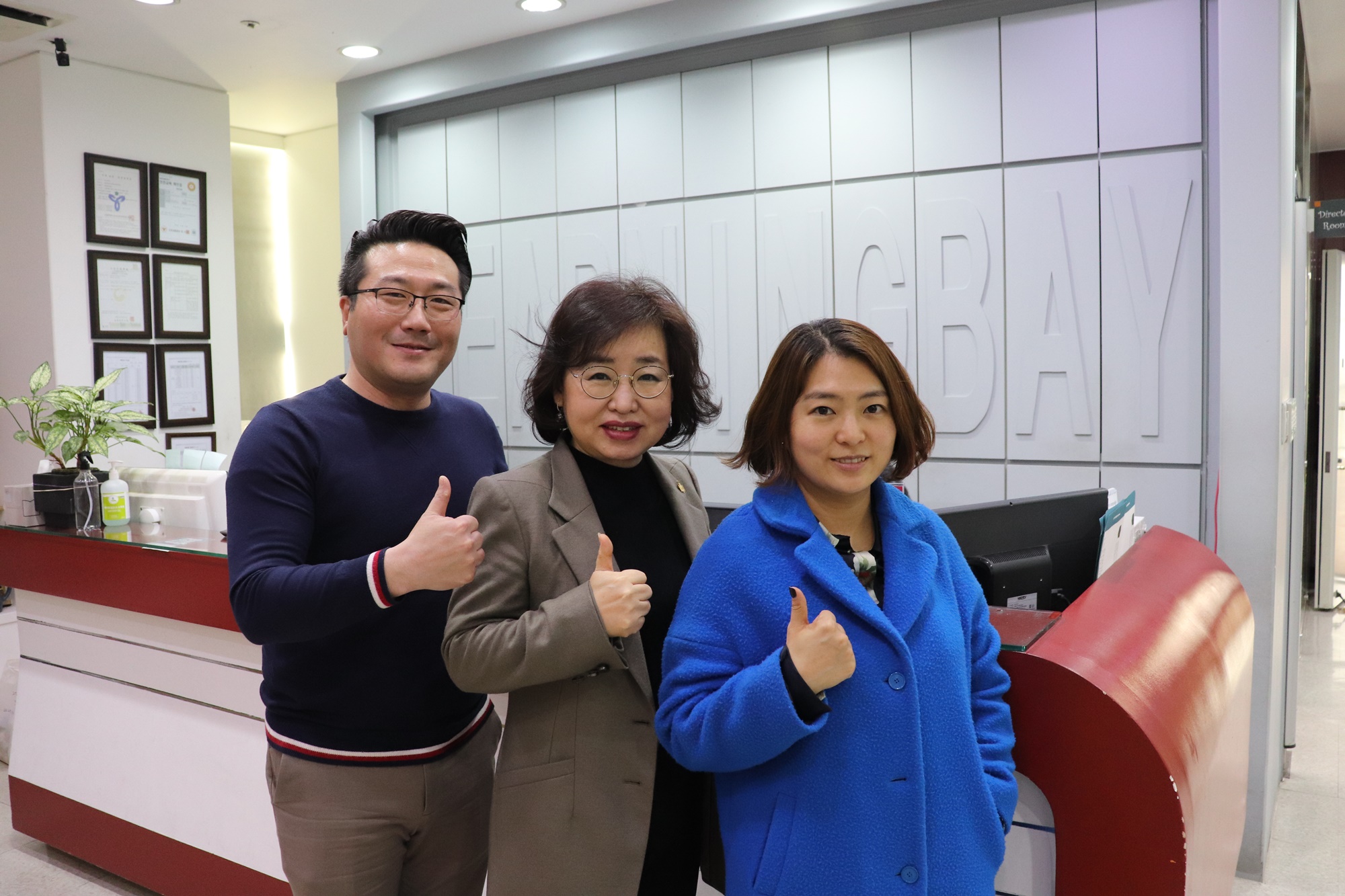
Computational thinking, which is already applied throughout our daily life, includes how elevators move and how drinks come out of vending machines. As we move into the fourth industrial revolution, teaching children the skill of coding to foster their talent is also being emphasized.
Computational thinking is considered a must-have ability for students to live in a changing era which helps students to take a complex problem, understand what the problem is, think in a sequential logic, and create an algorithm to come up with possible solutions.
Computational thinking is used not only in the fields of artificial intelligence, robotics but also in all areas of management, finance, engineering, and art.
As a result, interest in coding education is high around the world, with coding being introduced as a regular curriculum in the U.S., Germany, the U.K., and Finland. Korea is also increasing the interface of education for future talents by making coding education mandatory.
Meanwhile, Wonder Code, a coding company, is attracting attention by providing a self-directed coding learning environment through a hands-on challenge-based curriculum and a self-developed coding education platform. Wonder Code is run based on the know-how of CEO Kwon Se-jin, who has been working in the education business for more than 20 years. It aims to develop students to have not only computational thinking skills but also to have an approached learning that uses Science, Technology, Engineering, Arts, and Mathematics.
Wonder Code has recreated a more distinctive curriculum by adopting the coding program developed in Silicon Valley and educational coding robots used at more than 27,000 schools in the U.S.A. It provides students with an environment that helps their self-study with an open-lab learning method to extend their creativity and generate their interest.
Also, even beginners can learn the Python which is easy to learn and extensive, so this curriculum has been receiving positive reviews on its 1:1 personalized system.
Especially, Wonder Code's educational curriculum has been recognized for its superiority worldwide. For example, Keio Yochisha Elementary School, one of the leading private elementary schools in Japan, has adopted it. Besides, Wonder Code is cooperating with other foreign countries such as Japan, China, Vietnam, Singapore, and Australia. Also, it is maintaining partnerships with a lot of global companies like EDCG, Wonder Workshop, Marco Polo Learning, Point Avenue, Scholastics.
Se-Jin Kwon, a CEO of Wonder Code, said, “Importance of coding has been increasing and we have been providing students with various programs so that they can learn the coding more easily and interestingly.” Plus, “I hope that students will grow into talents who lead the 21st century by improving their creativity through Wonder Code coding education.” he added.
Meanwhile, Wonder Code plans to run English coding classes in the upcoming July.




